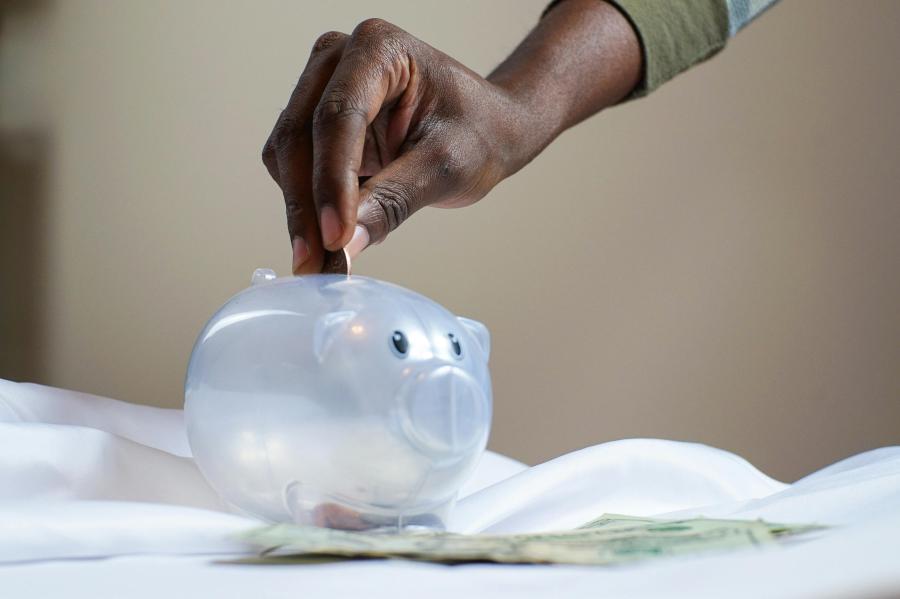Health and Income: Understanding the Health-Poverty Trap
Health scientists have long noted that there is a strong connection between income and health. People with less income often tend to have more health issues than those who have more income. Some of the reasons for this are straightforward: people with lower incomes can’t always afford the healthcare they need. The relationship also works the other way too though. People with poor health are more limited in their ability to go out and earn, and often will have to spend more on managing their health conditions. This relationship between health and income can lead those who are less fortunate to fall into a health-poverty trap. This is a vicious cycle where people in poverty who develop health problems are unable to afford the needed treatment, and then their health problems make it more difficult for them to work and earn. One solution to this problem is to make healthcare more affordable. In the meantime, new research shows that there are things that people can do on their own to avoid the health-poverty trap1.
This research took place in China, which has four times the population of the U.S. and a poverty rate of 1% compared to the 10-12% poverty rate in the U.S.2 The researchers analyzed data from the China Family Panel Studies (CFPS), which gathered data on the health, income, and lifestyle of tens of thousands of participants from 25 provinces in China. The study used data collected from 2016 to 2020. The aim of the study was to look at the health and earnings of people in different income categories to see how people’s health relates to their income. The researchers also wanted to get clues about what might help people break free from the health-poverty trap. To do this, the researchers also examined whether certain parts of peoples’ lifestyles relate to their health and income.
First, the results of the data analysis revealed that the lower an individual’s income is, the more likely they are to have health issues. The researchers also found a promising trend; just as increasing peoples’ income can improve their health, improving peoples’ health seems to increase their income. People who had better health made more money than those with poorer health, even when only looking at people in the lowest income bracket. This suggests that improving a person’s health can open up more possibilities for them to increase their income.
The researchers dug a little deeper by looking at whether peoples’ lifestyles related to their health and earnings. To do this, they identified individuals who were experiencing a health-poverty trap, people with both lower income and poor health. They then compared the lifestyles of people experiencing health-poverty to those who were not. There were a few noticeable differences:
- People who were experiencing health-poverty engaged in less exercise than others.
- People who were not stuck in the health-poverty trap had higher digital literacy than those who were.
- People who had confidence in their future and believed in their ability to overcome hardship were less likely to experience health-poverty.
This last trend is interesting because confidence is more of a psychological feature. Nonetheless it was found to affect peoples’ physical health and income.
The study revealed some very promising findings! Even people in the lowest income bracket can improve their lives by maintaining their health. This data, from over 30,000 people, shows that there are actions people can take to avoid falling into the health poverty trap. If you engage in regular exercise, keep up with health information online, and even just have confidence in your abilities, you might improve your health and increase your income. The Bridgeport Health Department can help you get started some of these tasks:
- Follow our Facebook page to learn about health-related events and get updates on ways to maintain your health in Bridgeport.
- Read more of the Health Department Research Chronicles to increase your health literacy.
- If you are struggling with issues of confidence or depression, help is available. There are affordable options you can explore here.
- For physical activity, even just taking a 20 minute walk every day can do wonders for your health. Bridgeport also has a free outdoor fitness gym at Seaside Park that is available to all residents.
Definitions
Health-poverty trap – a state in which people who have less income have worse health and worse health makes it harder for people to earn a higher income.
Poverty rate - a statistical measure that indicates the percentage of individuals or households within a population who fall below a certain income threshold, known as the poverty line. It serves as an indicator of the proportion of people experiencing financial deprivation within a society.
Digital literacy – knowledge about how to use the internet to get information.
Sources
- Fu L, Pei T, Xu J, Han J, Yang J. Inspecting the “health poverty trap” mechanism: self-reinforcing effect and endogenous force. BMC Public Health. 2024;24(1):917. doi:10.1186/s12889-024-18464-3
- World Bank. Lifting 800 million people out of poverty: New report looks at lessons from China's experience [Press release]. 2022. https://www.worldbank.org/en/news/press-release/2022/04/01/lifting-800-million-people-out-of-poverty-new-report-looks-at-lessons-from-china-s-experience

